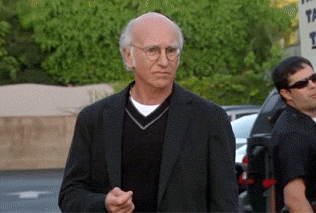- Joined
- Sep 29, 2011
- Messages
- 800
- Points
- 0
As most of you know lasers have a listed life expectancy. For example my 1.8W 532nm DHOM has a listed life expectancy of 10,000 hours (this is an actively cooled labby and CNI lists 10,000 hours for similar laser systems).
My 40W Co2 has a listed life expectancy of 5,000 hours.
Now I know that there are many factors that contribute to the life time of lasers, such as how hard you "push" them in the case of our M-140's, the temperature at which the laser is operated, and obviously what type of laser/diode it is (DPSS, gas, direct diode, etc).
I did some searching around the forum and online and one very useful resource I found was this http://www.bob-weber.com/downloads/pdfs/white_paper/WP_laserlife.pdf It only deals with specific plate setting applications but it is interesting.
My biggest curiosity is what happens when different diodes and lasers fail. For example when an M-140 LED's you just get drastically lower powers without focus etc. But I have no idea what happens when a Co2 fails. Also there are different modes of failure and results. Sometimes an M-140 LED's and others it just completely stops output.
Basically I want to know if anybody has any experience or knows what it looks like when different lasers fail (as a result of "old age" and other causes).
My 40W Co2 has a listed life expectancy of 5,000 hours.
Now I know that there are many factors that contribute to the life time of lasers, such as how hard you "push" them in the case of our M-140's, the temperature at which the laser is operated, and obviously what type of laser/diode it is (DPSS, gas, direct diode, etc).
I did some searching around the forum and online and one very useful resource I found was this http://www.bob-weber.com/downloads/pdfs/white_paper/WP_laserlife.pdf It only deals with specific plate setting applications but it is interesting.
My biggest curiosity is what happens when different diodes and lasers fail. For example when an M-140 LED's you just get drastically lower powers without focus etc. But I have no idea what happens when a Co2 fails. Also there are different modes of failure and results. Sometimes an M-140 LED's and others it just completely stops output.
Basically I want to know if anybody has any experience or knows what it looks like when different lasers fail (as a result of "old age" and other causes).




